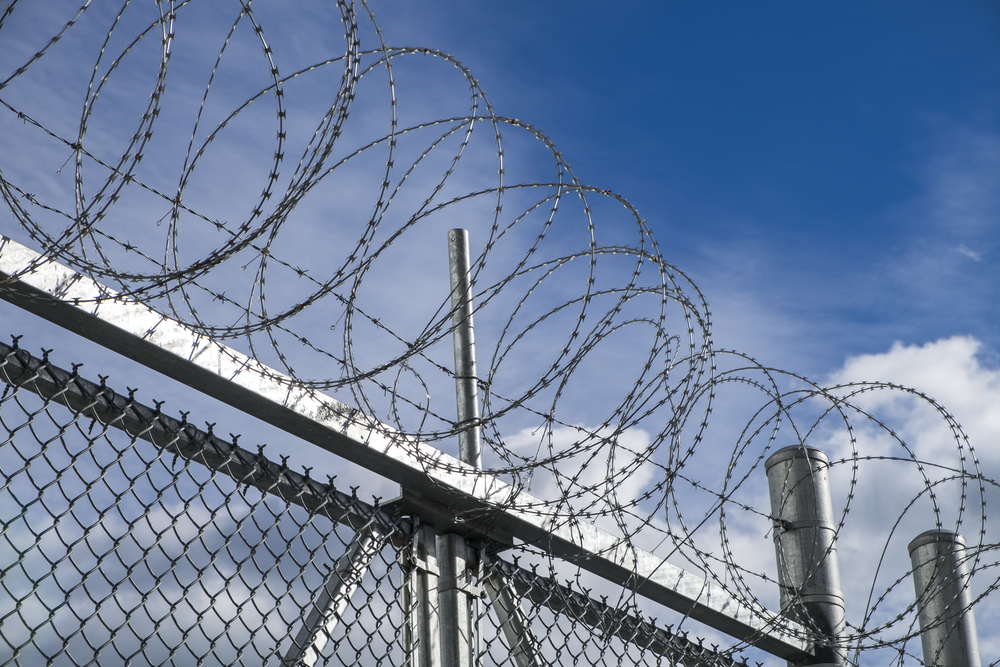
WASHINGTON — More than 3,100 federal inmates were being released Friday by the Bureau of Prisons as part of a criminal justice overhaul signed into law last year.
The First Step Act gives judges more discretion in sentencing, eases mandatory minimum sentences and encourages inmates to participate in programs aimed at reducing recidivism. The Trump administration has promoted the overhaul as a rare bipartisan effort to address concerns that too many Americans were imprisoned for nonviolent crimes as a result of the drug war.
The inmates were walking out of federal prisons and halfway houses across the country. The releases are part of an increase for “good conduct time” under the law. More than 1,600 other inmates have qualified for reduced sentences under a separate provision of the law that allows some prisoners locked up for crack cocaine charges to ask for sentencing reduction.
The Bureau of Prisons declined to provide specific details about the inmates being released, citing privacy concerns. Nearly 900 were to be turned over to other law enforcement agencies because of detainers filed by Immigration and Customs Enforcement and local authorities, according to Hugh Hurwitz, the acting director of the Bureau of Prisons.
“The timely, efficient and effective implementation of the First Step Act is a priority for the Department of Justice and this administration,” Deputy Attorney General Jeffrey Rosen said at a news conference. “Using top-of-the-line research, people and technology, the department intends to implement this law fully and on time, with the goal of reducing crime, enhancing public safety, and strengthening the rule of law.”
Officials also released a risk and needs assessment tool, which is meant to measure a prisoner’s likelihood of committing new crimes. The tool expands on a security assessment tool already in place within the Bureau of Prisons that helps to predict inmate misconduct, Hurwitz said.
There will also be a public comment period and several “listening sessions” in the coming months for advocates and others to share thoughts about the tool.
“While we believe this tool to predict recidivism is an improvement over the existing system, we also recognize that there is room for additional change as we continue through the implementation process and gather more data,” Rosen said.
The Justice Department is diverting about $75 million from within the Bureau of Prisons’ budget, which was used for care, programming and administrative tasks, in order to put in place the First Step Act. Officials would not provide more specific information and it wasn’t immediately clear whether that would cause any disruption to other federal prison programs.
Federal officials say they were working with Congress to ensure additional funding for the coming years.